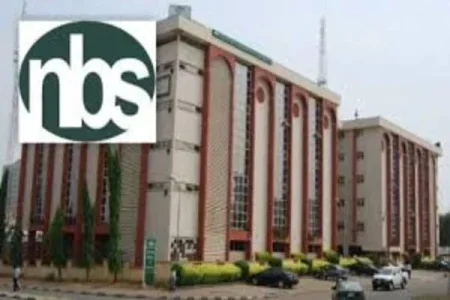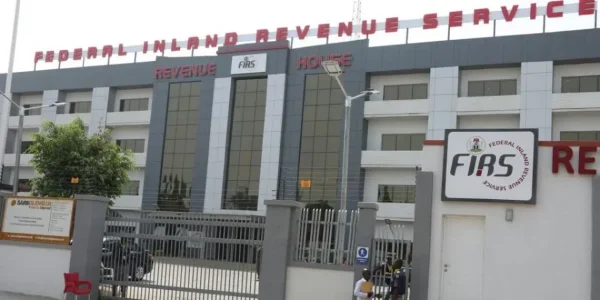
Nigeria’s inflation rate fell to 32.15% in August 2024, marking the second consecutive decline this year, according to the National Bureau of Statistics (NBS). The drop is attributed to improved monetary policies, though economic challenges like fuel prices and exchange rate volatility still affect overall recovery efforts.
Nigeria's inflation rate dropped to 32.15% in August 2024, marking the second consecutive decline this year, according to a report released by the National Bureau of Statistics (NBS).
The Consumer Price Index (CPI) data highlights a slight improvement in the nation’s economic outlook, following months of inflationary pressure on citizens. This recent decline is a sign of easing price hikes in essential goods and services, although the rate remains high. Analysts are cautiously optimistic, attributing the decline to improved monetary policies aimed at stabilizing the economy.
Despite the positive trend, experts warn that economic challenges such as fuel prices and foreign exchange instability continue to affect long-term recovery efforts. Nigerians, particularly those in lower-income brackets, still struggle with the high cost of living, and many are calling for further government intervention.
The release of the NBS data has been met with mixed reactions, as citizens hope for continued improvements in the coming months. More details on this trend will emerge as economic analysts provide deeper insights.




